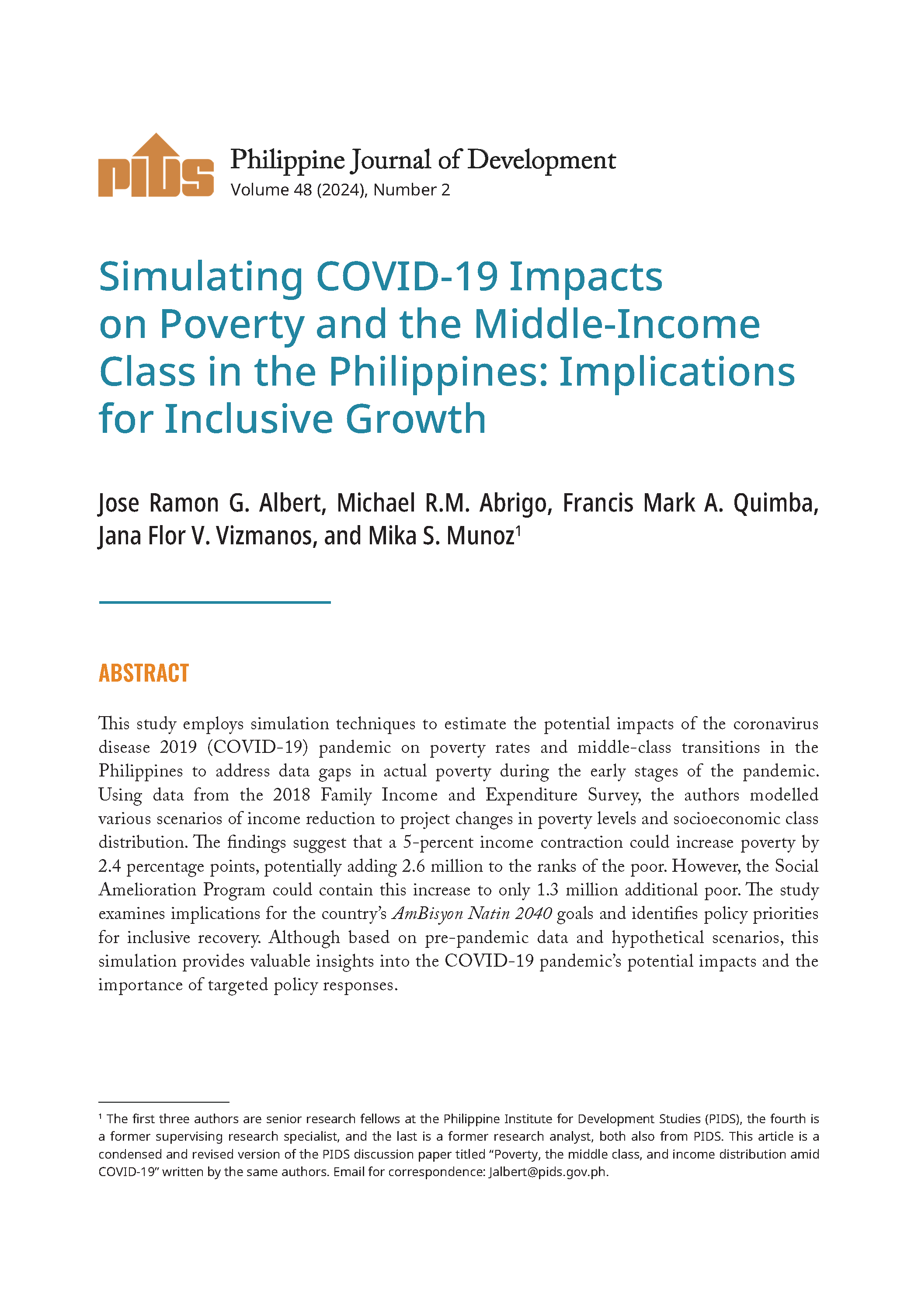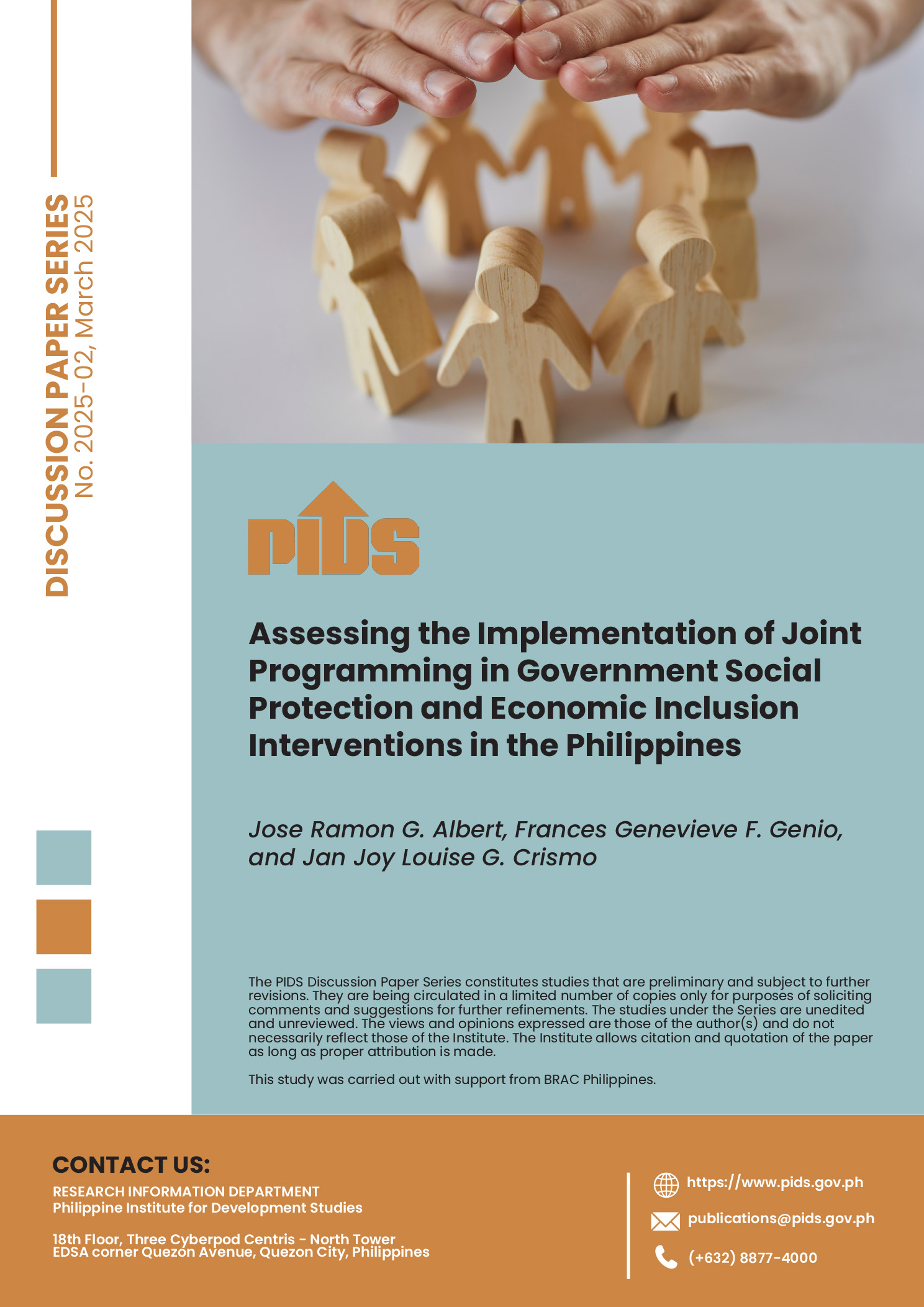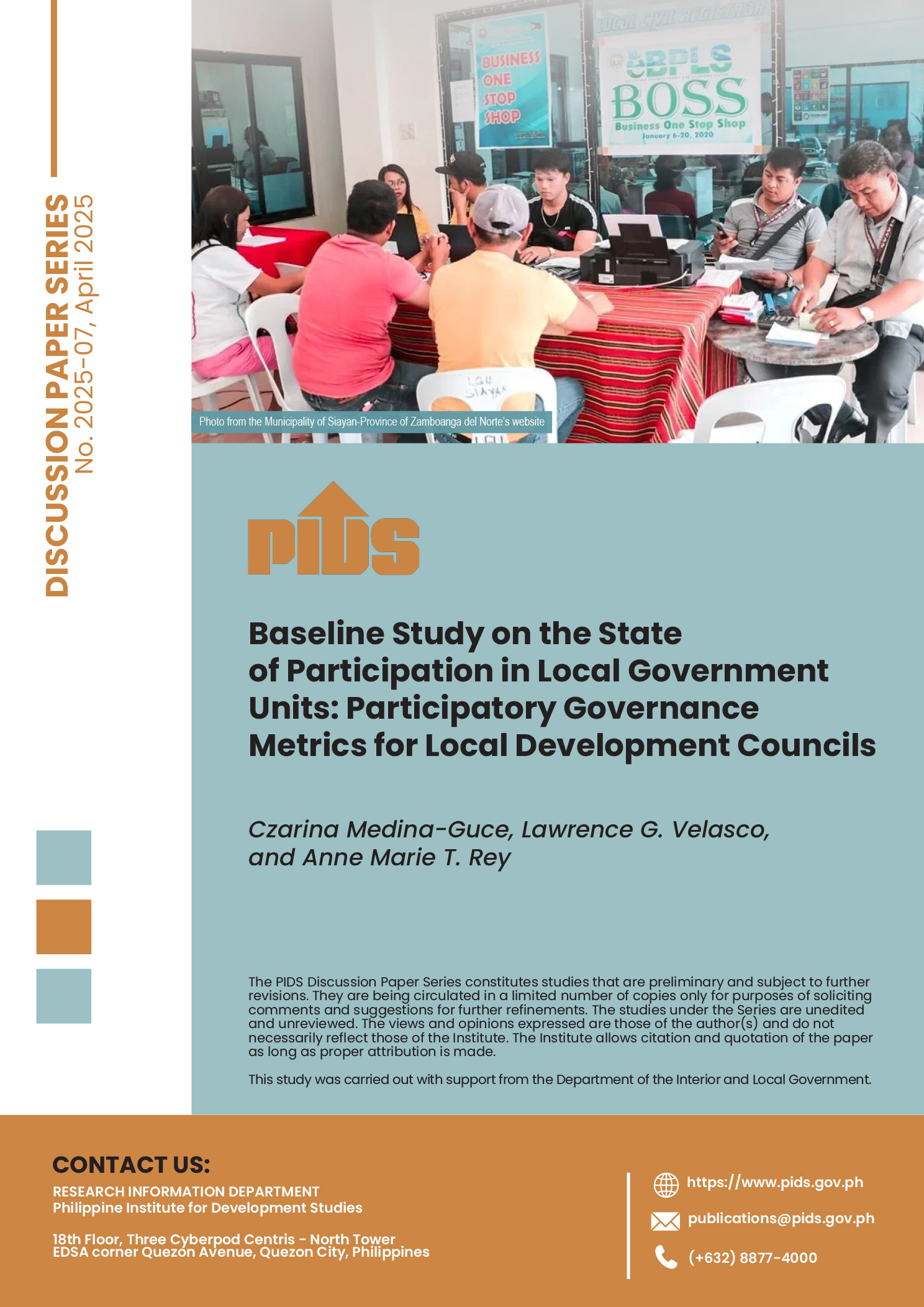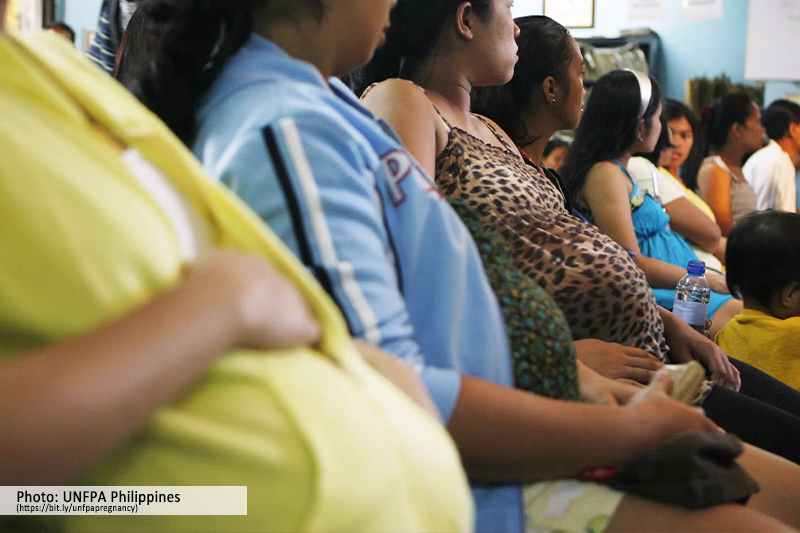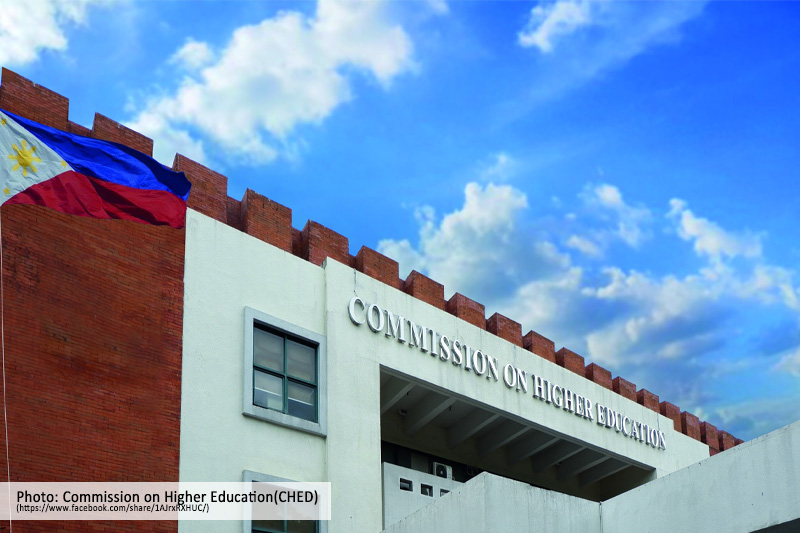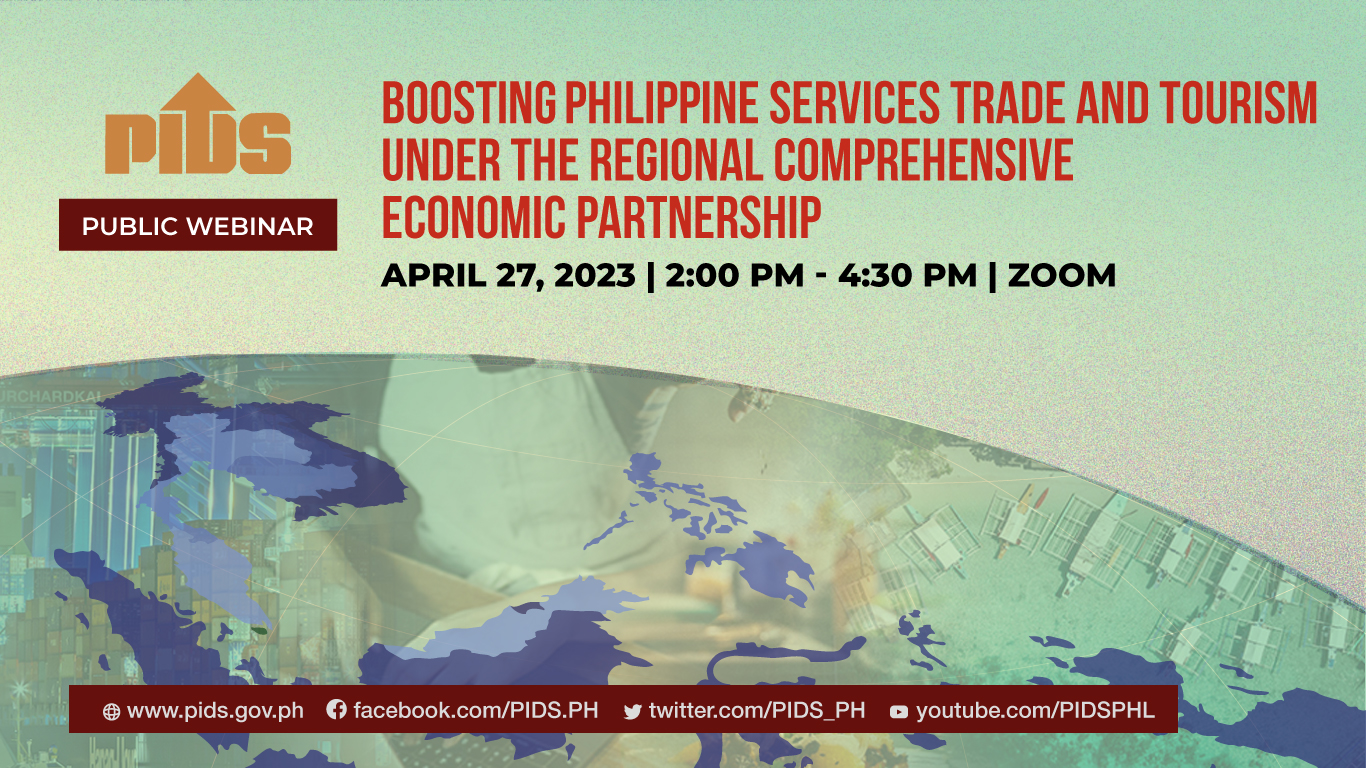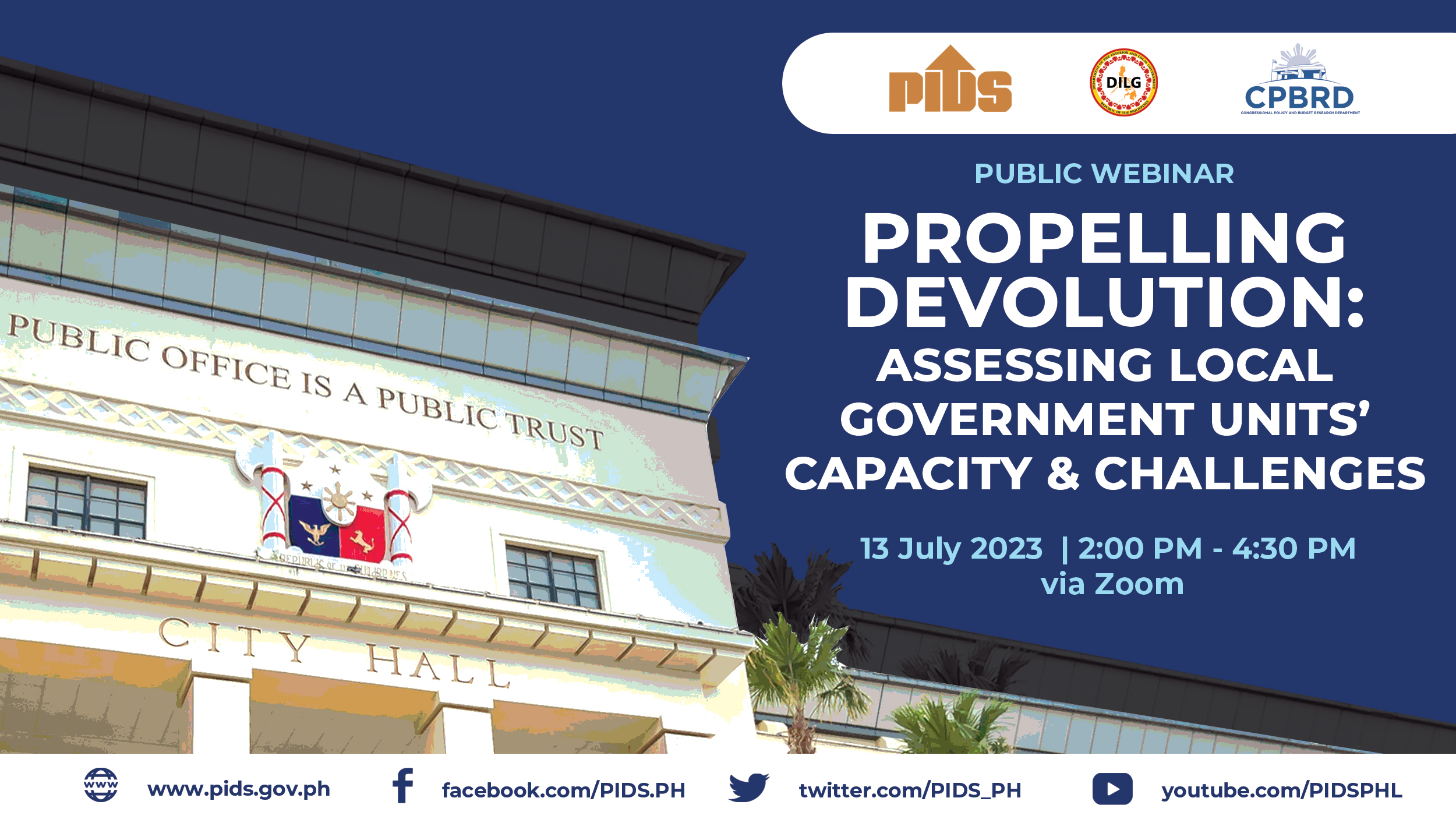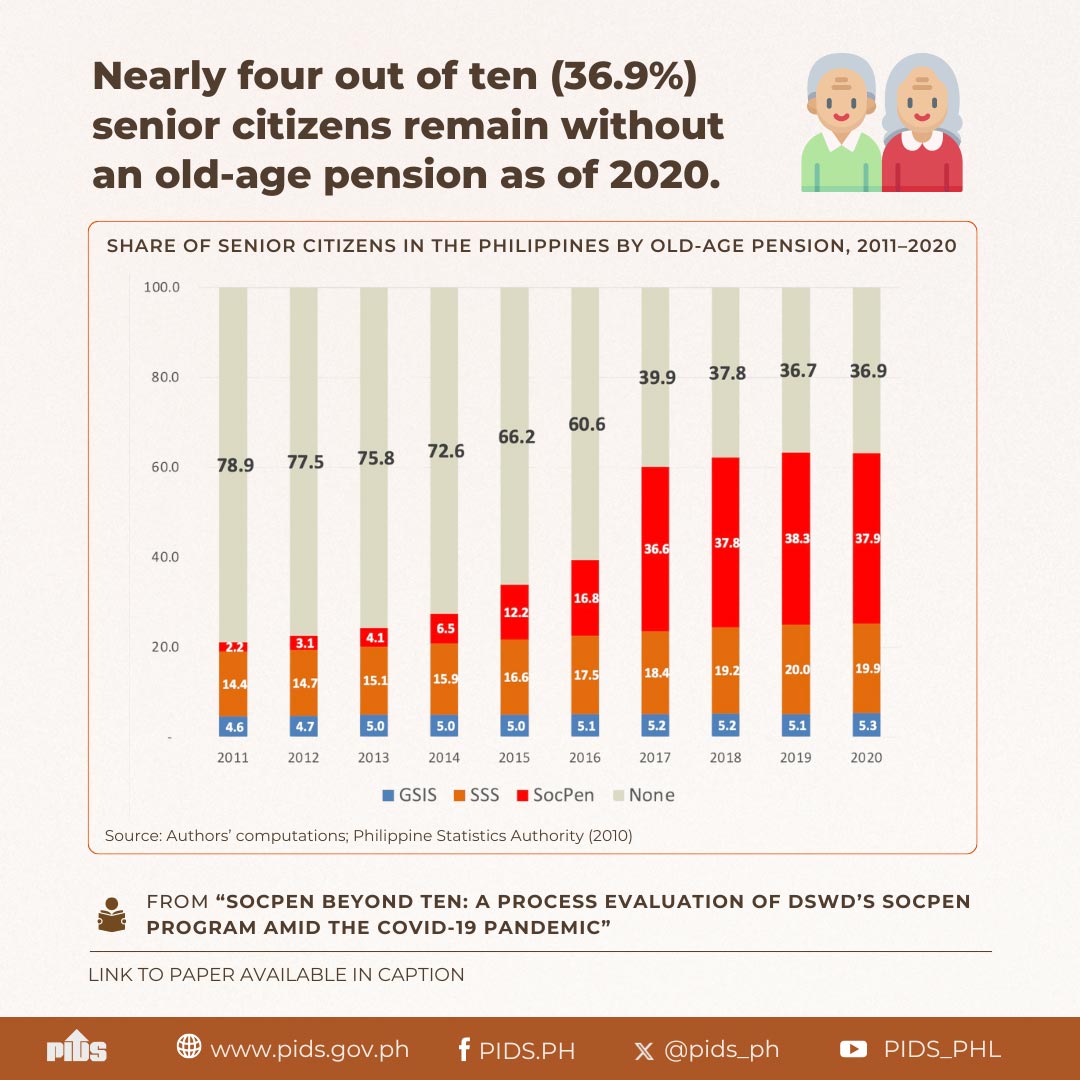The Philippines should no longer seek an extension of the special protection on rice traded under the World Trade Organization (WTO), according to a study released by government think tank Philippine Institute for Development Studies (188体育). Instead of pushing for the extension of the quantitative restriction (QR) on rice, 188体育 said in its 鈥淧olicy Notes,鈥� written by Roehlano M. Briones, that Manila should negotiate a tariff rate that offers equivalent protection to its producers. 鈥淭he country should [also] negotiate a schedule of [tariff] reduction that would eventually improve rice affordability to consumers,鈥� Briones said. The study noted that tariffication, which involves the conversion of non-tariff trade barriers into an equivalent tariff, eliminates a system that is 鈥渋nherently prone鈥� to rent-seeking and co-option of public institutions. One 鈥渙bvious advantage鈥� of tariffying the rice QR, Briones said, is that the government can still earn revenues. The government can win back the 鈥渜uota rent鈥� by implementing a bidding procedure for allocating the quota. 鈥淭he second advantage is that the government no longer assumes planning function of computing the annual quota,鈥� the report read.
Think tank urges government: Drop talks for protection of rice traded under WTO
BusinessMirror
Jennifer Ng

